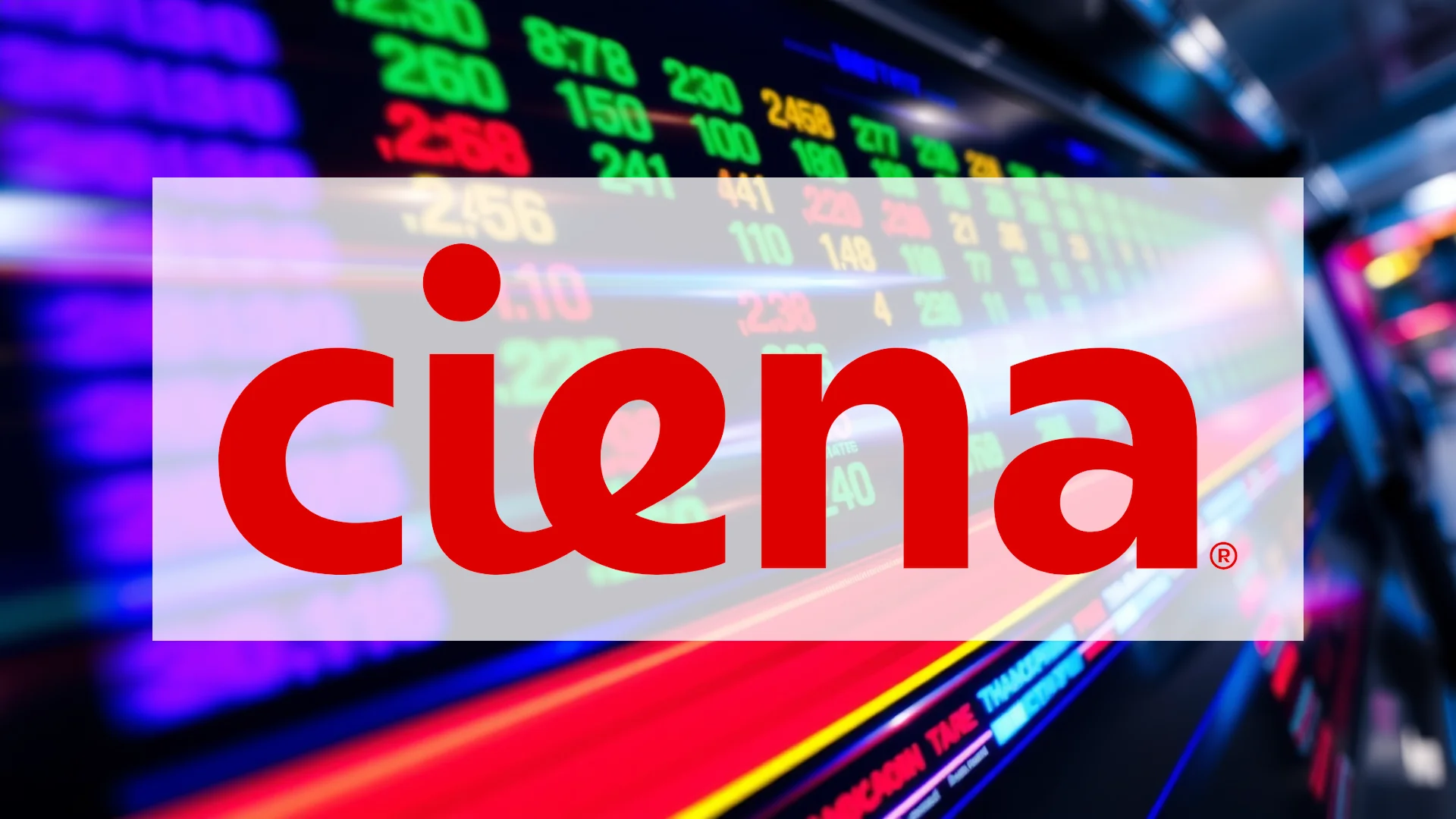In a significant setback for the publicly-traded Bitcoin investment vehicle, MicroStrategy Inc. has been passed over for inclusion in the benchmark S&P 500 index. The exclusion comes despite the company meeting all formal quantitative criteria and represents a major disappointment for investors who had anticipated the milestone. The selection of other firms, including AppLovin, Robinhood Markets, and Emcor Group, for the prestigious index only heightens the scrutiny around the decision.
Market participants reacted swiftly to the news. In extended trading sessions, MicroStrategy shares declined between two and three percent as the market digested the announcement. A key anticipated benefit of inclusion—automatic buying from the vast array of index funds and ETFs that track the S&P 500—will now not materialize. This absence of institutional inflows represents a missed opportunity for billions in potential new investment and the price support that accompanies it.
The Qualification Conundrum
While MicroStrategy was excluded, its competitors celebrated. Robinhood Markets’ stock, in particular, experienced a notable surge in after-hours trading following its successful inclusion. The contrasting outcomes for these firms underscore the immense influence wielded by index committees, whose decisions can trigger immediate price movements and dictate the flow of substantial capital.
This outcome has left market analysts questioning the underlying rationale. By all standard metrics—market capitalization, liquidity, and profitability—MicroStrategy appeared to qualify. This suggests that qualitative considerations likely played a decisive role in the final decision. The company’s unique and aggressive corporate strategy appears to be a primary factor giving index providers pause.
Should investors sell immediately? Or is it worth buying Strategy?
Several specific concerns related to its Bitcoin-centric approach are central to the debate:
- Substantial Crypto Holdings: The company’s enormous Bitcoin treasury directly ties its market value to the extreme volatility of the cryptocurrency market.
- Unorthodox Business Model: Its pivot from a traditional software enterprise to a de facto Bitcoin holding company creates uncertainty for more conventional institutional investors.
- Inherent Volatility: The firm introduces a level of unpredictability that established, broad-market indices typically seek to avoid.
The approval of Robinhood, which also has cryptocurrency operations, highlights a crucial distinction. Unlike MicroStrategy, Robinhood is viewed as a diversified fintech platform rather than a pure-play proxy for Bitcoin’s price.
A Temporary Setback
Despite this rejection, financial experts do not view MicroStrategy’s chances for future inclusion as permanently extinguished. The landscape of institutional finance is evolving, and subsequent index rebalancing could yield a different result. The company’s prospects for eventually joining the S&P 500 are heavily dependent on Bitcoin achieving wider acceptance as a legitimate asset class among traditional finance institutions. For now, however, MicroStrategy must continue its growth trajectory without the significant tailwind provided by the index.
Ad
Strategy Stock: Buy or Sell?! New Strategy Analysis from February 8 delivers the answer:
The latest Strategy figures speak for themselves: Urgent action needed for Strategy investors. Is it worth buying or should you sell? Find out what to do now in the current free analysis from February 8.
Strategy: Buy or sell? Read more here...













